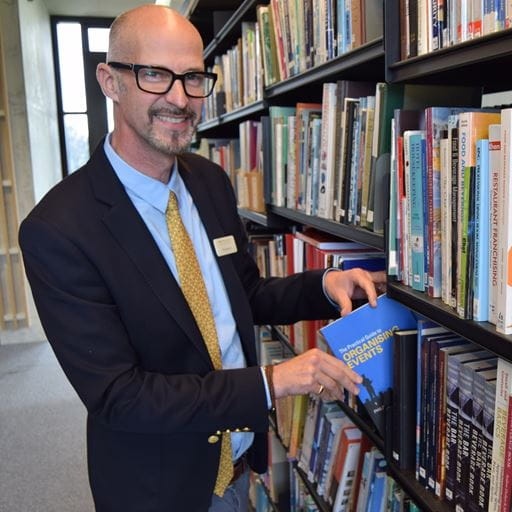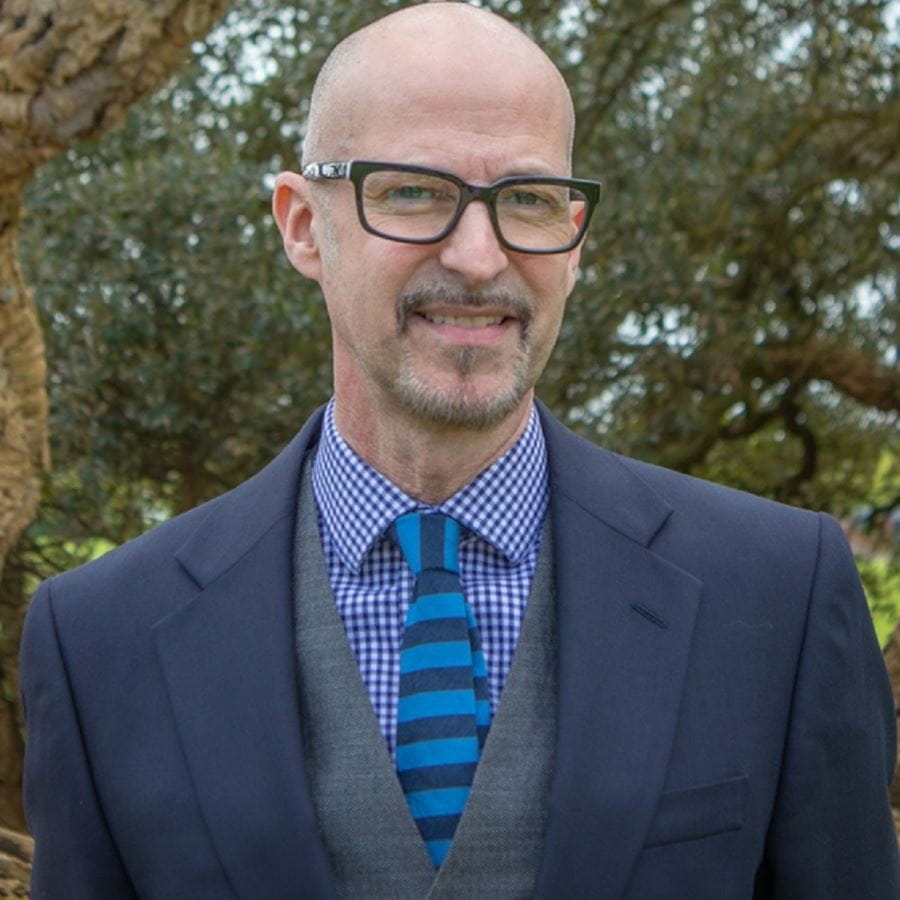Philip Berners, Lecturer at Edge Hotel School
-
Date
Tue 4 Sep 18

Philip Berners gained his BA degree in hospitality management at the University of West London. He established himself as an events specialist having organised every genre of event from every side of the industry.
His client portfolio includes HRH Her Majesty The Queen, Prince Charles, Bon Jovi, Jennifer Lopez and Shania Twain. His corporate clients include Xerox, Panasonic, British Airways and Virgin Atlantic. He has worked on London Fashion Week, the MOBO Awards, and spent three years as a senior manager at the BRIT Awards. He has worked in-house at large organisations and he has managed venues including Thorpe Park, the London Hippodrome, and Camden Palace.
Since starting as a lecturer, Philip has gained his PG Cert Ed teaching qualification, is a Fellow of the Higher Education Academy, has authored two textbooks for the academic publishing company, Routledge, and is now embarking on his doctorate at the University of Essex Sociology department. Philip is a lecturer and course coordinator at our Edge Hotel School.

When did you become interested in managing events?
As soon as I graduated from the University of West London I was asked to return to Thorpe Park where I had done my student work placement. Very quickly, I became head of events which was a fledgling department struggling to survive against the core revenue stream of visitor rides and attractions.
By adapting the offering to corporate clients, I created a successful business, which in turn allowed the department to grow by providing additional corporate facilities. The revenue from events and corporate business increased significantly and my department became the only revenue generator for the park during the closed winter season when I brought in Christmas parties, conferences, and exhibitions.
Is a career in hospitality as exciting as it appears?
The wonderful thing about working in hospitality is the transferable skills it provides and the life skills that develop. It is such a diverse industry, you can carve out a career in a direction you’d never thought of.
People in hospitality often start in one area of the industry because that is their interest at the time. But when they become exposed to other areas, they enjoy them and are good at them, so they move across to that field. I cannot think of any other industry which can offer such a range of skills and provide such a range of career paths.
Why did you decide to move into higher education?
My event career in London was hectic and high-end. Then, I went to Poland and set up my own event school and consultancy. When I returned to the UK 10 years later, the choice was either to re-establish my events career from scratch, or teach other people how to do it.
Over time (especially while I was in Poland) I realised how unregulated the hospitality and events industries are – there are many event organisers and hotel managers out there without training and experience – and this lets the industry down, somewhat. So, it was an easy choice for me to want to help event and hotel managers become qualified and trained so that they are professional in providing clients and guests with quality service standards.
Can hospitality management be taught or is experience better?
It needs both. Teaching hospitality or events management in a classroom is limited – and the academic teaching alone does not provide a student with the tools needed to do the job. Yes, future managers need to understand business and strategy, but they also need to know how to do the job. This is what students want and employers expect.
I chose to teach at The Edge Hotel School as it blends academic learning with practical experience at the 4* hotel on campus. This is why our graduates enter industry at management level – because they understand the processes of management, but they can apply this to doing the job. It is a unique student provision.
What is the subject of your doctorate?
My PhD title is international event management in a post-communist society: an ethnographic examination into the evolution of the events industry in Poland.
I am interested in how an events industry evolves in a country where there has been no access to training and experience. A post-communist situation will provide me with a good resource and my time spent in Poland will help my research. I want to find out whether a country such as Poland can develop their management of events to meet international expectations and standards of quality, service and safety.
What challenges face the UK hospitality industry?
The biggest challenge is not knowing what the challenges will be. There are various predictions and scare stories about skills gaps and the lack of trained staff, but even if these challenges get tougher, they are not new to hospitality managers.
Hospitality managers need to be flexible, adaptable and resourceful to meet any challenges – but these qualities were always required of the best in the business.
For me, the key is in how well the staff are treated, motivated and rewarded. This has been a detrimental part of hospitality history and has tainted the perception of the industry. Teaching managers to develop their staff and be professional in all they do, will allow for all other challenges to be overcome.
.jpg?mh=500&mw=500&hash=6568B6C9CCF5290A596BEF6678B6AD0E)



